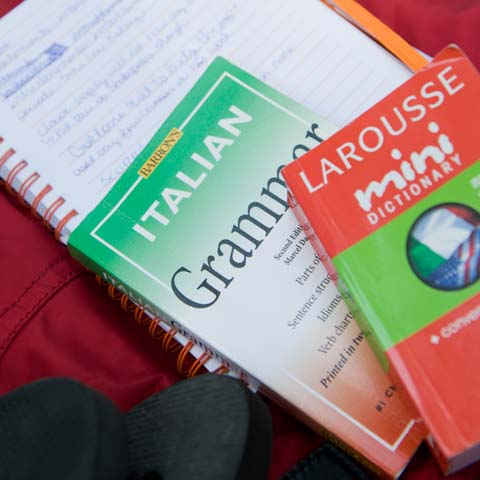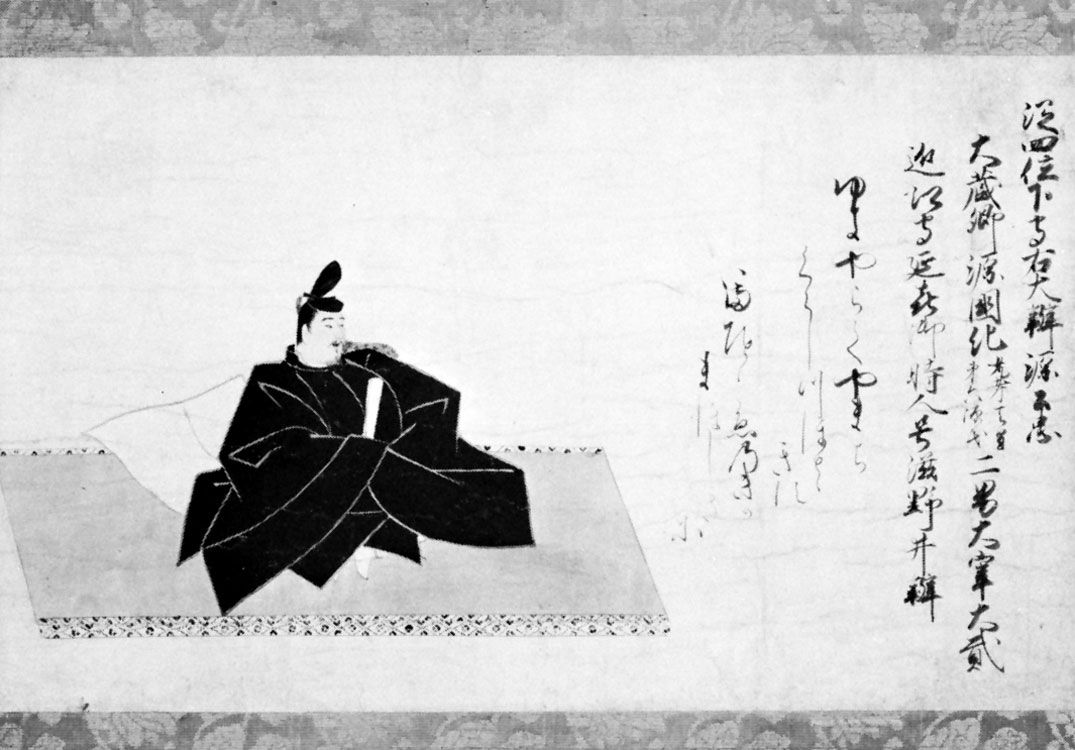The Comprehensive Guide to IB Italian A Literature
If you have chosen to study IB Italian A Literature, you are embarking on an exciting journey into the world of Italian literature. This comprehensive guide will provide you with valuable information about the course, its components, assessment criteria, and tips for success. Let's dive in!
Understanding the Course
IB Italian A Literature is a course that explores Italian literature from different periods, genres, and authors. It aims to develop your critical thinking, analytical skills, and appreciation for literary texts written in Italian. Throughout the course, you will study a variety of works, including novels, plays, poems, and essays.
Components of the Course
The IB Italian A Literature course consists of several components that contribute to your overall learning and assessment:
Works in Translation (WIT)
In this component, you will study literary works originally written in a language other than Italian. You will analyze the themes, stylistic features, and cultural contexts of these works, considering how they are translated and interpreted in Italian.
Detailed Study (DS)
In the Detailed Study component, you will focus on the in-depth analysis of a specific literary work written in Italian. You will explore its themes, characters, narrative techniques, and contextual factors. This component allows you to delve deeply into the chosen text and develop a comprehensive understanding of its literary merits.
Literary Genres (LG)
In the Literary Genres component, you will examine the characteristics, conventions, and techniques of different literary genres. You will explore how authors use these genres to convey their messages, express their creativity, and engage with readers. This component broadens your understanding of the diverse forms of literature.
Options
The Options component offers a selection of literary topics or authors for further exploration. You will choose one option that aligns with your interests and preferences. This component allows you to delve into a specific area of Italian literature in more detail.
Assessment
The IB Italian A Literature course is assessed through various components, including written assignments, oral presentations, and examinations. Your work will be assessed based on criteria such as knowledge and understanding of literary texts, analysis and interpretation, organization and coherence, and language proficiency.
Tips for Success
To succeed in IB Italian A Literature, consider the following tips:
Read Widely
Read a wide range of Italian literary works, both from the prescribed texts and beyond. Explore different genres, authors, and periods to develop a comprehensive understanding of Italian literature. Reading extensively will enhance your analytical skills and deepen your appreciation for the written word.
Take Notes and Annotate
As you read literary texts, take notes and annotate important passages. Highlight key themes, symbols, and literary devices used by the authors. This practice will help you engage with the texts more effectively and prepare for in-depth analysis.
Engage in Discussions
Participate actively in class discussions and group activities. Share your thoughts, interpretations, and questions about the texts. Engaging in discussions will not only strengthen your understanding of the literature but also expose you to different perspectives and interpretations from your classmates.
Practice Writing Essays
Writing essays is a crucial part of IB Italian A Literature. Practice constructing well-structured, coherent, and insightful essays that analyze and interpret literary texts. Pay attention to your language proficiency, grammar, and vocabulary usage. Seek feedback from your teacher or peers to improve your writing skills.
Seek Additional Resources
In addition to the prescribed texts, seek additional resources to enhance your understanding of Italian literature. Read critical analyses, scholarly articles, and literary commentaries. Explore online databases, literary magazines, and reputable websites to gain different insights and perspectives.
FAQs
-
Is it necessary to be fluent in Italian to excel in IB Italian A Literature?
While fluency in Italian is beneficial, it is not a requirement to excel in the course. The course aims to develop your language proficiency along with your analytical and interpretative skills. With dedicated study and practice, you can improve your Italian language skills throughout the course.
-
Can I choose my own literary texts for the course?
No, the IB Italian A Literature course has prescribed texts that you must study. These texts have been carefully selected to provide a comprehensive representation of Italian literature and to meet the course objectives.
-
What resources can I use to expand my knowledge of Italian literature?
Apart from the prescribed texts, you can explore literary magazines, anthologies, and reputable websites that focus on Italian literature. Reading literary criticism and engaging with cultural and historical resources related to Italian literature can also deepen your understanding.
-
How can I improve my oral presentation skills for the course?
Practice delivering oral presentations on the literary texts you study. Use visual aids, articulate your thoughts clearly, and engage your audience effectively. Seek feedback from your teacher and peers to improve your presentation skills.
-
What is the significance of studying works in translation?
Studying works in translation allows you to explore literature from different cultures and perspectives. It provides insights into the art of translation and the challenges involved in conveying the essence of a literary work from one language to another.
Conclusion
IB Italian A Literature offers a rich exploration of Italian literary works, providing you with the opportunity to develop critical thinking, analytical skills, and an appreciation for the written word. By following the tips provided in this comprehensive guide, engaging actively in your learning, and exploring additional resources, you will be well-prepared to excel in the course. Embrace the beauty of Italian literature and enjoy your journey of literary discovery!

 By
By


